Ban tackling in school rugby for safety, experts demand
- Published
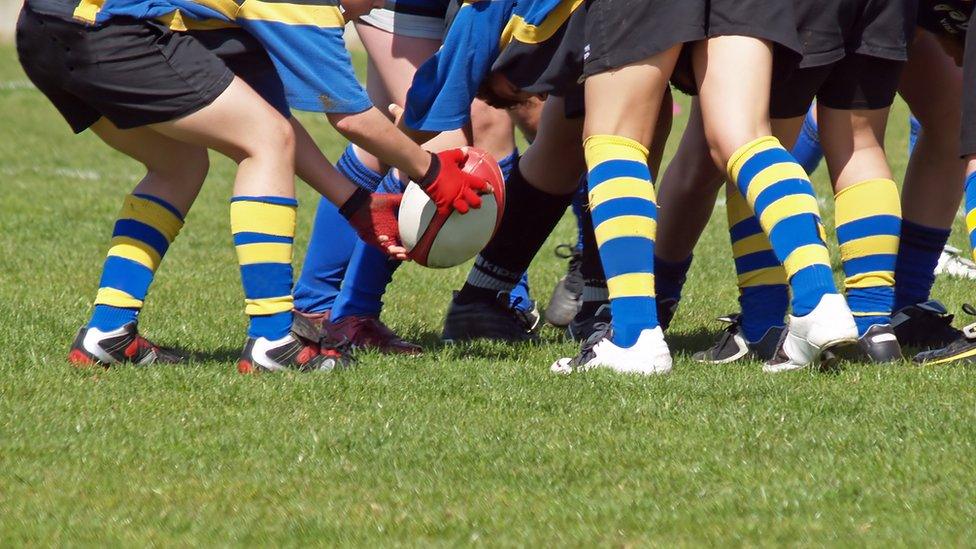
The UK's chief medical officers (CMOs) are being urged to protect children from the risks of rugby injuries by removing contact from the school game.
Prof Allyson Pollock, from Newcastle University, is presenting new evidence that banning tackling would reduce concussion, head and neck injuries.
A spokesman for World Rugby said it was unaware of any new evidence that would challenge the current position.
Last year, the CMOs rejected a call for a ban on tackling in youth rugby.
They said the benefits of learning, training and playing rugby outweighed the risks of injury.
Writing in an opinion piece for the BMJ,, external Prof Pollock and Graham Kirkwood, also from Newcastle University, said that governments had "a duty to protect children from risks of injury and to ensure safety of children" under a United Nations Convention on the Rights of the Child (Article 19).
Body checking ban
They referred to a study they published in July in the British Journal of Sports Medicine, external in which they re-examined the rates and risks of injuries in sport.
Their analysis found that rugby had the highest concussion rates in children - 4.18 concussions per 1,000 athlete exposures - compared to 1.2 for ice hockey and 0.53 for American football.
And they cited evidence from Canada that changing the rules could make a difference. When there was a ban on body-checking opposing players in under-13 ice hockey, a review found a 67% reduction in concussion risk.
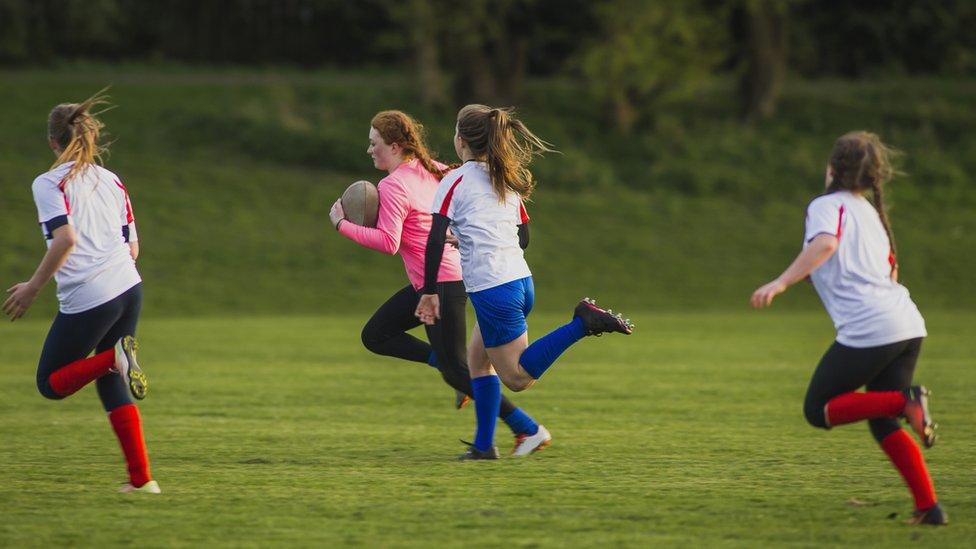
Prof Pollock said children who wanted to could still play contact rugby outside school, for clubs, but schools should not be able to enforce contact rugby.
She said: "We call on the chief medical officers to act on the evidence and advise the UK government to put the interests of the child before those of corporate professional rugby unions and remove harmful contact from the school game."
The authors reported research that girls were found to be three or four times more likely than boys to be affected by symptoms of concussion for 28 days, and they also highlighted the links between head injuries and an increased risk of dementia and Alzheimer's disease.
Keep active plea
Prof Tara Spires-Jones, deputy director for the Centre for Discovery Brain Sciences at the University of Edinburgh, said current research urged caution in games where there was a significant risk of head injury - but the science wasn't conclusive.
"The data on specifically whether playing rugby or other contact sports in school increases your risk of dementia are not as robust yet due to a lack of large prospective studies," she said.
"It is also very clear that there are many health risks of leading a sedentary lifestyle."
Dr Alan Carson, an expert in acquired brain injury, said public health experts should think carefully before calling for measures that could cut participation in sport.
"The health crisis facing Britain's children is not concussion but obesity and lack of exercise," he said.
'Safe environment'
A Department for Education spokeswoman said schools had the flexibility to offer a diverse PE curriculum which suited the needs of their students.
"We expect schools to be aware of all of the risks associated with sporting activities and to provide a safe environment for pupils.
Ministers said staff should also be given the information and training they needed to manage risks effectively.
A spokesman for World Rugby said it took player safety very seriously at all levels of the sport.
"With appropriate supervision and coaching, rugby is a sport that empowers young people, builds confidence, shapes valuable life skills and promotes a healthy lifestyle," he added.
- Published18 March 2017
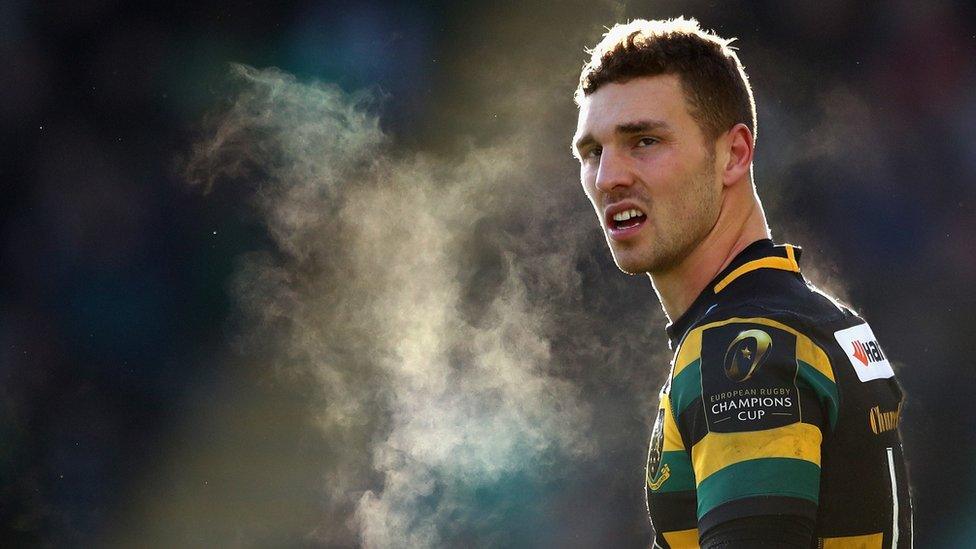
- Published2 March 2016
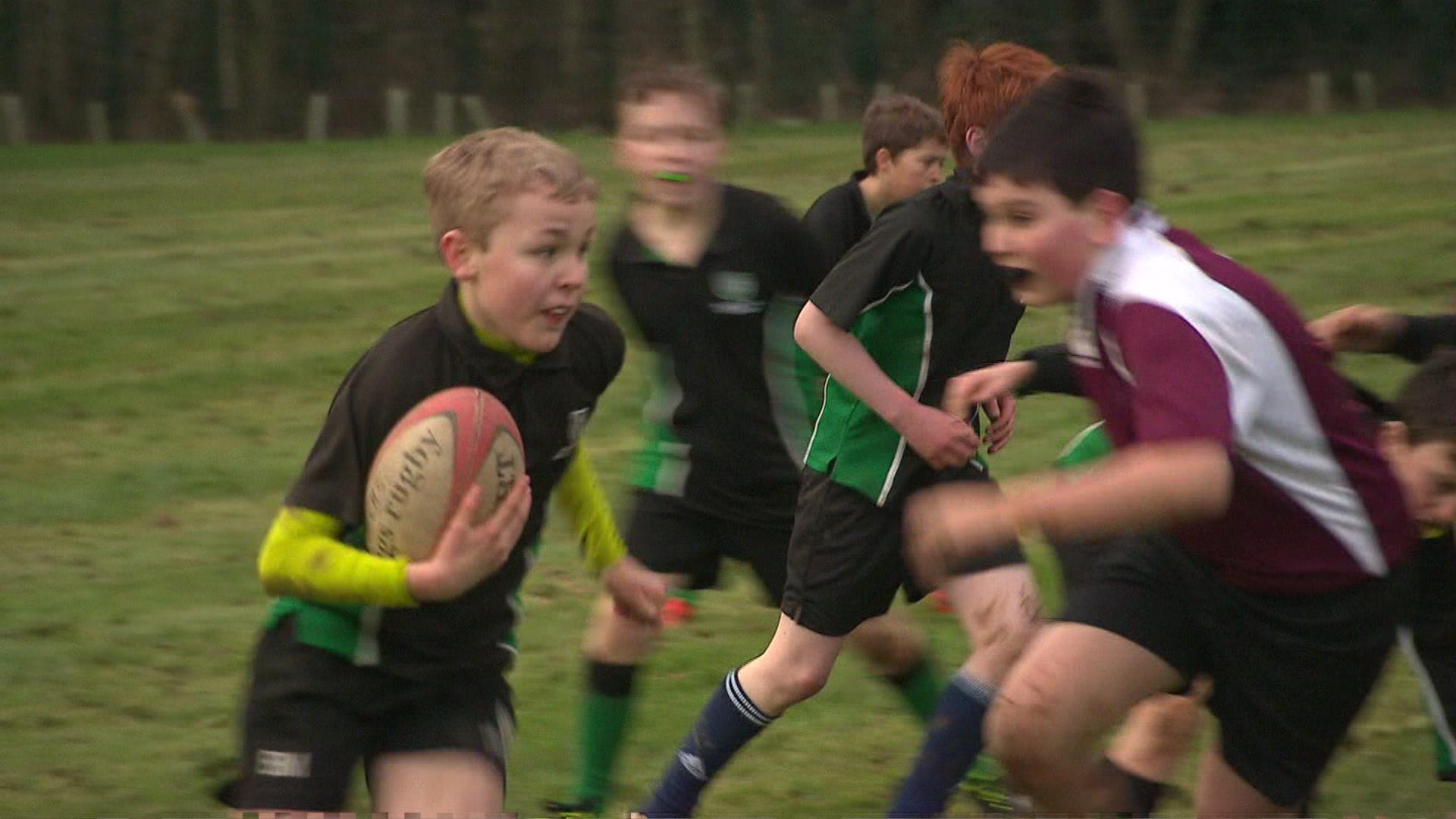
- Published21 September 2015
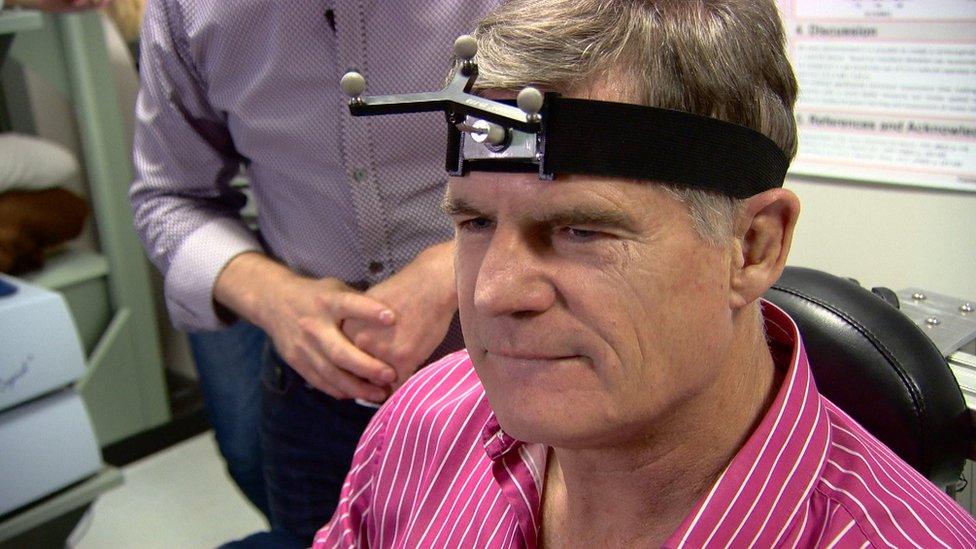
- Attribution
- Published8 February 2015
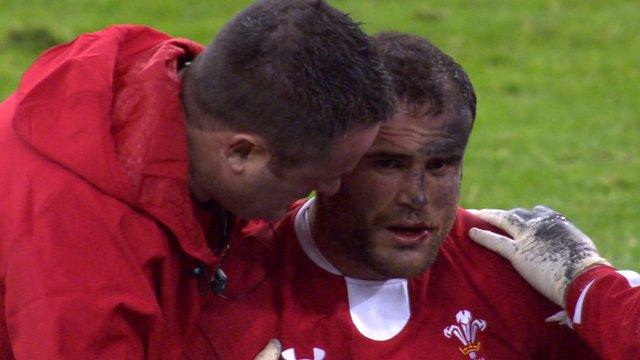
- Published22 April 2015
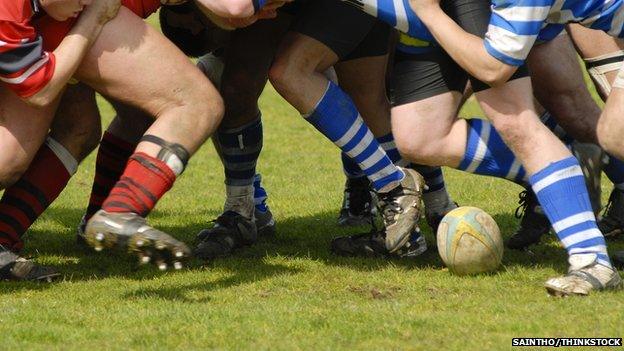
- Attribution
- Published15 October 2014
